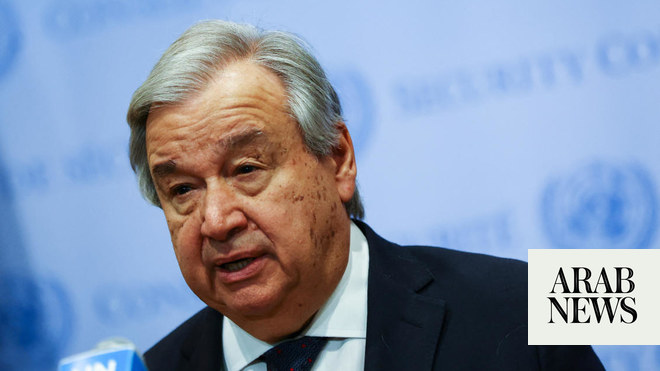
Despite ‘plateauing’ in COVID-19 cases, government was not downplaying death toll: Head of research body
ISLAMABAD: The head of a Pakistani health research body has urged the public to stick to rules aimed at stopping the spread of the coronavirus disease (COVID-19) especially during the upcoming Eid Al-Adha holiday.
Maj. Gen. Prof. Aamer Ikram, executive director of Pakistan’s National Institute of Health (NIH), warned of the vital need for people to continue to follow social-distancing guidelines, wear face masks, and adhere to other virus precautionary measures.
After reporting its first COVID-19 case in late February, Pakistan has to date officially recorded 255,769 infections, with 5,386 deaths.
Cases spiked in May after the government lifted an almost two-month-long lockdown, mostly over its economic and financial impact, and ahead of the Eid Al-Fitr festival. Instead, it imposed smart lockdowns in selected areas of several cities, saying that it feared COVID-19 cases could multiply eightfold by the end of July and hit 1.2 million.
“After Eid Al-Fitr, we witnessed a surge in COVID-19 positive cases. Now Eid Al-Adha is arriving, and by strictly adhering to standard operating procedures we can make a real difference,” Ikram told Arab News.
The government was not downplaying the true extent of the country’s COVID-19 death toll, he said, but the rate of infections had gone down in the last week and the virus curve had “plateaued.”
He added: “We cannot hide the number of deaths. If you see the statistics of the last one week, there is a reduction in the number of deaths.”
Ikram pointed out that Pakistani authorities wanted to ensure “data accuracy” and were vigilant in digging out any discrepancies in numbers.
The health official noted that data from the last 10 days showed that Pakistan had “attained the plateau and it is coming down now. The government’s strategy of smart lockdown has played a very pivotal role in reducing the number of COVID-19 cases.”
On Tuesday, Pakistan recorded 1,979 new cases of COVID-19, following 21,020 nationwide tests in 24 hours, marking the lowest number of new infections in weeks.
However, critics said the rate of infections had gone down because less testing was taking place.
“One of the reasons of reduction in tests is that the WHO (World Health Organization) has changed earlier policy of two mandatory negative tests of recovered patients, 24 hours apart, before discharging them from hospital, which is not required now,” Ikram said.
He added that Pakistan had previously been testing all incoming international passengers but was now only testing those who showed COVID-19 symptoms. “We are now only screening them, that also reduced the (testing) load.”
The NIH chief said Pakistan had been the first country in the region to start COVID-19 polymerase chain reaction (PCR) tests, initially conducting 300 tests per day but now carrying out more than 150,000 daily checks using 135 testing labs.
On Wednesday, the government’s COVID-19 portal showed that 21,749 tests had been conducted in the last 24 hours, with a running total of 1,627,939 tests since March.
Last month, Pakistan’s minister for science said the country would begin manufacturing testing kits locally from July. However, Ikram said indigenous kits were still under final evaluation and would be put out for commercial use after all mandatory protocols had been completed.
He added that the government was already working on preparing a strategy to acquire a vaccine for COVID-19 as soon as one became available anywhere in the world.











